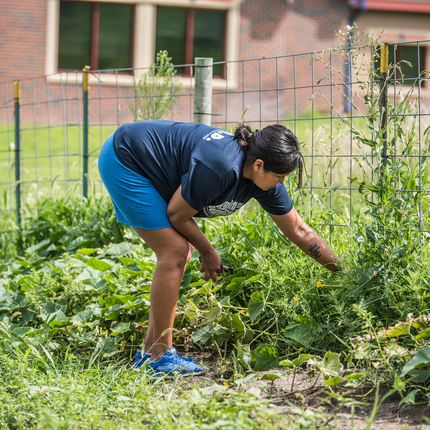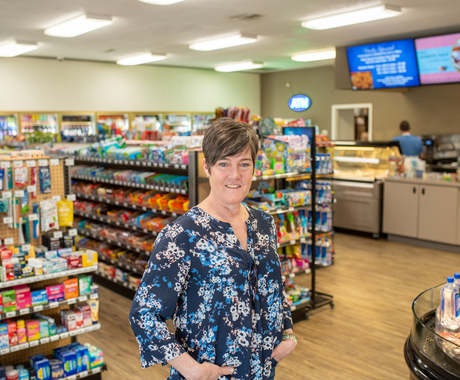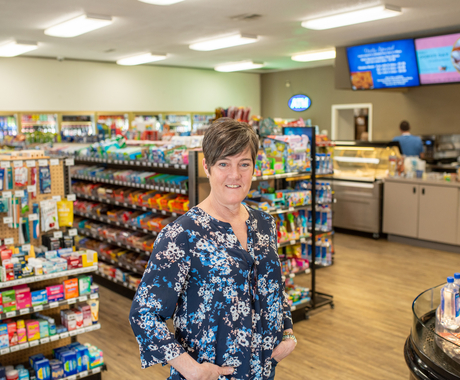By Eric Galatas, Public News Service - Nebraska
LYONS, Neb. – Leaders from across Nebraska are ready to launch a comprehensive statewide food assessment, one goal of the Nebraska Food Council's new board of directors in gearing up for the big fall harvest.
Sandra Renner, project associate for the Center for Rural Affairs, said the assessment is a snapshot of Nebraska's "foodscape."
She called it a first step in strengthening the state's capacity to grow more food that reaches more residents, "and identify where there's some gaps, and where there's some really good examples that could be maybe implemented across the state – and what we can do to make our rural communities stronger, not only producers but small businesses and schools, and other institutions that purchase food."
The council was formed in part after a 2015 study found that while Nebraskans spend nearly $5 billion annually on food, nearly 90 percent of that money leaves the state.
Renner said the council's efforts should help local governments make even minor policy adjustments that can mean healthier foods for school cafeterias, or reducing drive times for rural residents who have to travel long distances to get groceries.
The council also plans to hold a series of community forums and workshops to help people connect the food-system dots. They'll discuss topics such as opening more land for community gardens, lengthening growing seasons with high tunnels and increasing food-distribution capacity.
Renner said they want to engage Nebraskans across the food system, including farmers and average citizens but also people who have a hard time getting nutritious food, "if they're struggling to access healthy foods where they live, or they're struggling to access food in general because of financial reasons, and people that have been historically under-served, folks that reside in areas that are considered 'food deserts.'"
With a large portion of Nebraska's food budget now headed to drought- and wildfire-prone California, she said, the current system is vulnerable. She said she hopes the Food Council can help the state turn some of its agricultural success growing export crops, into food that's grown, delivered and consumed locally.
The 2015 report is online at cfra.org.




